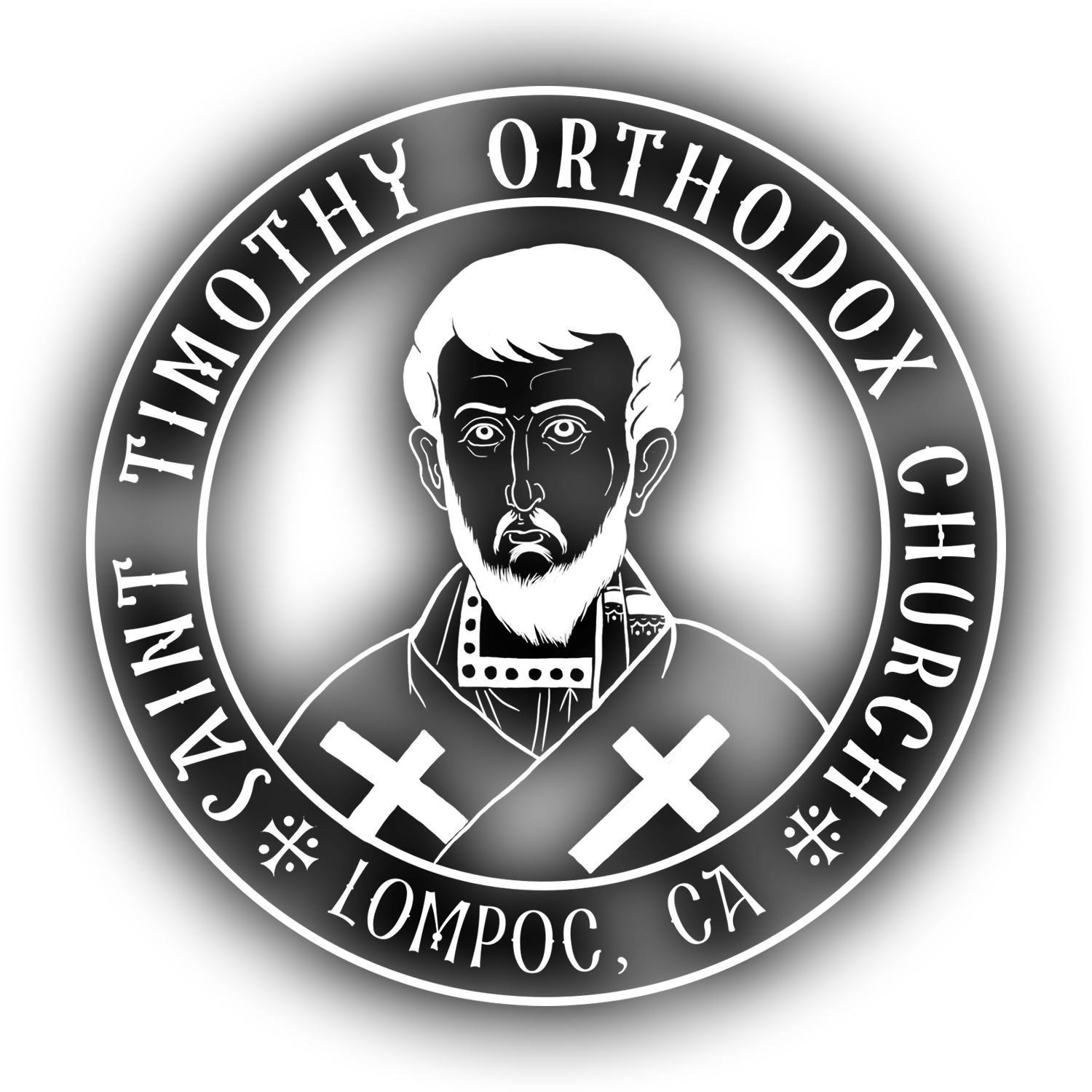There’s a good chance you’ve never heard our name before and maybe do not know too much about us. What does Orthodox mean anyway? To answer, it literally means “right believing” and expresses our belief that the Orthodox Christian church is the historical faith of the Apostles and for over 2,000 years have held fast to the traditions passed to us by word or epistle (2 Thess. 2:15). Our Lord proclaimed that the gates of hell would not prevail against His church (Matt. 16:17-19), and we firmly believe that His promise was kept and is alive today.
The Orthodox Christian Church, also known as the Eastern Orthodox Christian Church, is a communion of worldwide bound together by apostolic succession (from the Apostles), history, faith, creed, Ecumenical Councils, canons and liturgy. It is the second-largest Christian group in the world after the Roman Catholic Church, unless you consider Protestant groups and denominations as one entity.
Estimates of the number of worldwide Orthodox Christians range from 250 million to 350 million. Estimates of American members are between one and two million and the Orthodox Church is one of the fastest – growing Christian churches in America, drawing a rising numbers of converts from Evangelical and other Christian faith traditions.
Where did the Orthodox Church originate?
Jesus Christ founded His Church through the Apostles. By the grace received from God at Pentecost, the Apostles established the Church throughout the ancient world. St. Paul founded the Church of Antioch; St. Peter and St. James, the Church of Jerusalem; St. Andrew the Church of Constantinople; St. Mark, the Church of Alexandria; St. Peter and St. Paul, the Church of Rome. For one thousand years the Church was one (East and West), unbroken and undivided! After the Great Schism of 1054 A.D., when the Latin or western church tragically separated from eastern Christendom (at Constantinople), the eastern non-Oriental churches became known as the “Eastern Orthodox Church”, to distinguish them from what subsequently became known as the “Roman Catholic Church”.
Isn’t the “historic Church” Roman Catholic?
The “headquarters” of the ancient Christian faith was in fact not Rome but in the Eastern world! The apostles founded the majority of Churches in the Eastern world (and only two in the West). It was from the East (not from Rome) that the apostles and Paul were sent out with the Gospel. The West was not a center of the early Christian movement – it was the “mission field”! For over 1,000 years, with the exception of Rome, all the major centers of Christian belief were found in the East – in Jerusalem, Alexandria, Antioch and Constantinople.
All the fundamental dogmas regarding the faith were formulated and defended in the East – essential dogmas like Christ being “of the same essence” with the Father; that Christ is fully God and fully human; that the Holy Spirit is a divine Person; and the nature of the Trinity.
The first schools of Biblical interpretation, Antioch and Alexandria, were in the East. Their perspectives of interpretation still influence much of our understanding of the Scriptures today.
The East was the site for all the Ecumenical Church Councils (that is, the first seven from 325 to 787 A.D.) which formulated doctrines which Christians of all orthodox traditions accept as normative. The overwhelming majority of the bishops present at those councils were Eastern as well.
Do Orthodox Christians have a “Pope”?
The Roman Catholic Church tragically broke from the Eastern churches in 1054 A.D. largely over the issue of the encroaching authority of the Roman Pope by the western church. The eastern churches consistently rejected this encroachment for 1,000 years of Christian history (and continue to today). The Orthodox Church does not have a single leader. It is organized into “jurisdictions” following national and historic lines, based on the early Church model of conciliar church leadership seen in the Book of Acts (Chapter 15). Each group is governed by synods (councils of bishops) who have equal authority and who do not interfere in one another’s affairs. The Patriarch of Constantinople is known as the “Ecumenical” (or universal) Patriarch, and since the schism has enjoyed a position of honor among the Orthodox communities. But, he does not have the right, for example, to interfere in the internal affairs of other churches. His position resembles that of the Archbishop of Canterbury in the worldwide Anglican Communion.


